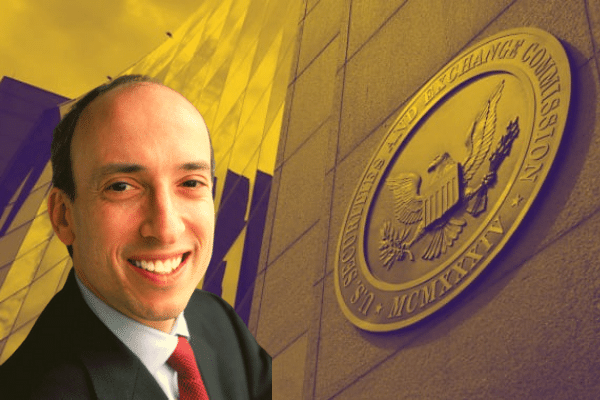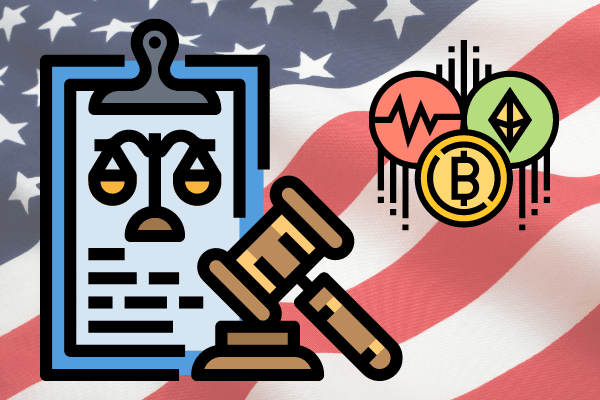The Blockchain Association, a prominent lobbyist group representing the U.S. cryptocurrency industry, has issued an open letter urging the U.S. Securities and Exchange Commission (SEC) Chair Gary Gensler to remove himself from enforcing rules on the crypto sector. The association argues that Gensler’s public comments have demonstrated a lack of impartiality when it comes to addressing crypto-related issues.
Jake Chervinsky, Chief Policy Officer of the Blockchain Association, highlighted Gensler’s steadfast view that all digital assets, except Bitcoin, are securities. Chervinsky emphasized that this viewpoint compromises Gensler’s ability to make fair and unbiased enforcement decisions.
The Blockchain Association’s letter comes on the heels of Coinbase Inc., the largest U.S.-based cryptocurrency exchange, filing a notice of intent to request the dismissal of the SEC’s lawsuit against the company. The SEC had sued Coinbase, alleging that it operated as an unregistered financial securities exchange and broker.
Coinbase, in its filing, claimed that the SEC was well aware of its digital asset operations, citing its public offering registration in April 2021. The exchange further stated that six of the twelve cryptocurrencies declared as securities by the SEC were already being traded on Coinbase when the agency reviewed the company’s registration. Coinbase argued that the SEC’s change in position regarding its powers was legally untenable and violated due process and the constitutional separation of powers.
This year, the SEC has increased its legal enforcement actions against crypto exchanges. It levied a $30 million fine on U.S.-based crypto exchange Kraken for its crypto staking programs, deeming them unregistered securities. Additionally, the SEC warned Paxos Trust Company, the issuer of Binance’s stablecoin, about potential legal action, prompting the company to halt the minting of the stablecoin on the grounds that it was an unregistered security.
Coinbase, in its filing, criticized the SEC for resorting to punitive retroactive enforcement actions instead of undergoing notice-and-comment rulemaking to validate its new stance. The exchange argued that the SEC’s actions exceeded the bounds of its authority and were unlawful.
Although Gensler has received support from many Democrats for his actions against crypto exchanges, he has faced criticism from Republican Congressman Warren Davidson. On June 13, Davidson introduced a bill named the SEC Stabilization Act, seeking to restructure the agency and remove Gary Gensler as the chair.
As the debate surrounding the regulatory framework for cryptocurrencies intensifies, industry players, regulators, and lawmakers are grappling with finding a balanced approach that addresses investor protection while fostering innovation in the crypto sector. The outcome of Coinbase’s lawsuit and the ongoing scrutiny of crypto exchanges will likely have a significant impact on the future of cryptocurrency regulation in the United States.



